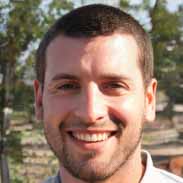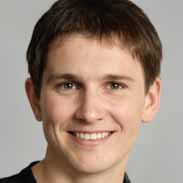Cardiology Flashcards, test questions and answers
Discover flashcards, test exam answers, and assignments to help you learn more about Cardiology and other subjects. Don’t miss the chance to use them for more effective college education. Use our database of questions and answers on Cardiology and get quick solutions for your test.
What is Cardiology?
Cardiology is the branch of medicine that deals with the diagnosis and treatment of diseases and disorders of the heart. It includes medical diagnosis, treatment, and prevention of heart diseases. Cardiologists are specialized doctors who diagnose and treat conditions related to the heart such as coronary artery disease, arrhythmia, congenital heart defects, valvular heart disease, cardiomyopathy, and other cardiovascular issues. They often work in conjunction with other healthcare professionals such as nurses, surgeons and anesthesiologists to provide comprehensive care for their patients.Cardiology encompasses a wide range of subspecialties including adult congenital cardiology (ACCD), echocardiography (ECG), interventional cardiology (IC), electrophysiology (EP) and nuclear cardiology (NC). ACCD focuses on treating adults born with congenital heart defects while ECG involves using ultrasound to examine the chambers of the heart and its valves. IC refers to procedures used to treat blockages in blood vessels while EP involves diagnosing arrhythmias or abnormal rhythms in a person’s heartbeat. NC involves using imaging techniques such as x-ray or radionuclide imaging to view blood vessels inside the body.In addition to providing direct care for their patients, cardiologists also play an important role in educating people about preventive measures they can take to reduce their risk for developing cardiovascular problems such as high blood pressure or diabetes. Cardiologists may also conduct research on topics related to cardiac health including genetics, nutrition and lifestyle factors that may contribute to poor cardiac health outcomes. As technology advances in healthcare areas such as nanotechnology or robotics surgery become increasingly available; it is likely that more opportunities will arise within this field for cardiologists who wish pursue them further.






















